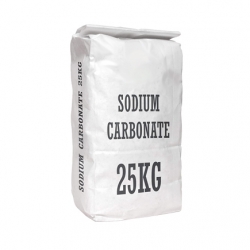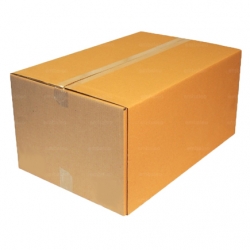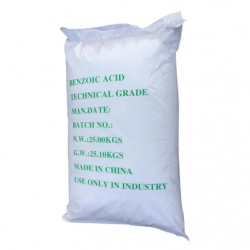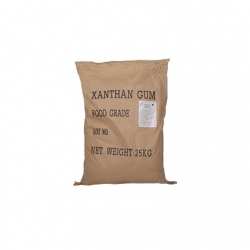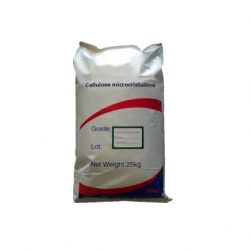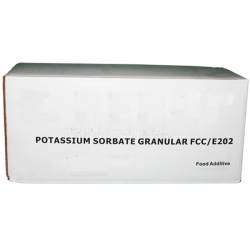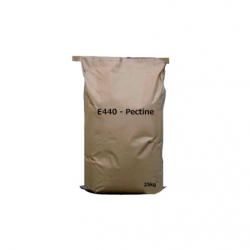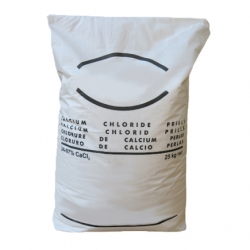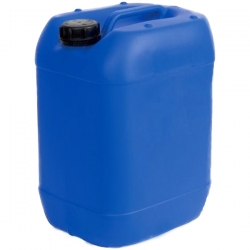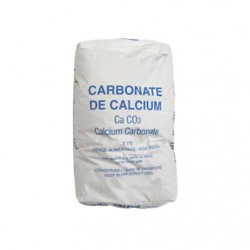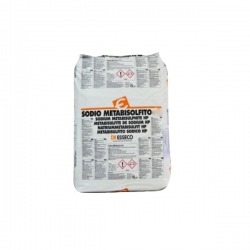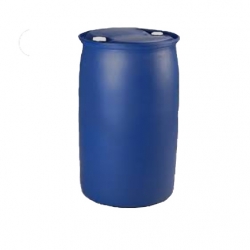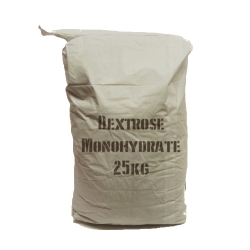No products in the cart.
Active filters
- Categories: Cannery
Sodium Carbonate
Sodium Carbonate is an inorganic compound widely used in various industrial and domestic applications.
E300-ASCORBIC ACID
Ascorbic Acid, or oxo-3-gulofuranolactone, is an organic acid with antioxidant properties. It is present in an enantiomerically pure form in lemons, fruit juices, and fresh vegetables.
E210 - Benzoic acid
Benzoic acid is a commonly used food preservative, classified under the code E210.
E415 - Xanthan Gum
Xanthan gum is a polysaccharide obtained from the action of a bacterium, Xanthomonas campestris. It is soluble in cold water and is used as a food additive under the code E415 for its thickening and gelling properties to modify the consistency of food.
E460(i) - Microcrystalline Cellulose
Microcrystalline Cellulose is a term used to refer to refined wood pulp and is used as a texture agent, anti-caking agent, fat substitute, emulsifier, extender, and filler in food production.
E202-POTASSIUM SORBATE
Potassium sorbate (E202) is a potassium salt of sorbic acid. It is commonly used as a food preservative to inhibit the growth of molds and yeasts, thereby helping to extend the shelf life of foods.
E440 - Pectine
Commercial pectin (often used to thicken jams and jellies) is extracted from dried apple pomace or dried peels of various fruits. This additive is used as a gelling agent, stabilizer, and coating agent.
E509 - Calcium Chloride
Calcium chloride is an inorganic salt, identified by the number E509, widely used in various industrial, medical, and food applications due to its chemical properties and effects on solubility and stabilization.
E270-LACTIC ACID
Lactic acid is utilized in the food industry as an additive (E270) serving as an antioxidant, acidifier, or flavor enhancer. It also exists in the form of salts: sodium salt (E325), potassium salt (E326), and calcium salt (E327). These salts are in powder form and are water-soluble. Lactic acid acts as a bacteriostatic agent, particularly against pathogenic bacteria such as Salmonella or Listeria, and also has a water activity-depressing effect.
Lactic acid is an organic compound, naturally forming in muscles during intense exercise to produce energy. It is also present in wine, dairy products, and certain vegetables after fermentation.
E170 - Calcium Carbonate
Calcium carbonate is composed of carbonate ions and calcium ions. This white substance has a molar mass of 100.1 g/mol. Calcium carbonate is the major compound found in limestones like chalk, but also in marble.
Sodium Metabisulfite
Sodium Metabisulfite or Sodium Pyrosulfite is a yellowish disinfectant, antioxidant, and food preservative. The IUPAC names the S2O5²⁻ ion as the disulfite ion. It should not be confused with the HSO3⁻ ion, which is the former name for hydrogen sulfite.
Glucose syrup
Glucose syrup is a widely used ingredient in the food industry. It can be obtained through enzymatic hydrolysis of starch, with a DE (Dextrose Equivalent) higher than 20.
E1200 - DEXTROSE
Anhydrous dextrose does not contain water and is produced in crystalline or powder form. Dextrose, like fructose and glucose, is a monosaccharide also known as a simple sugar.
Monohydrate dextrose is another name for glucose, which is a monosaccharide sugar.
E1200-dextrose (Polydextrose) Thickening Additive, a polymer of glucose and sorbitol, is produced from glucose, sorbitol (E420), and citric acid (E330). In the human body, it behaves like dietary fiber.



